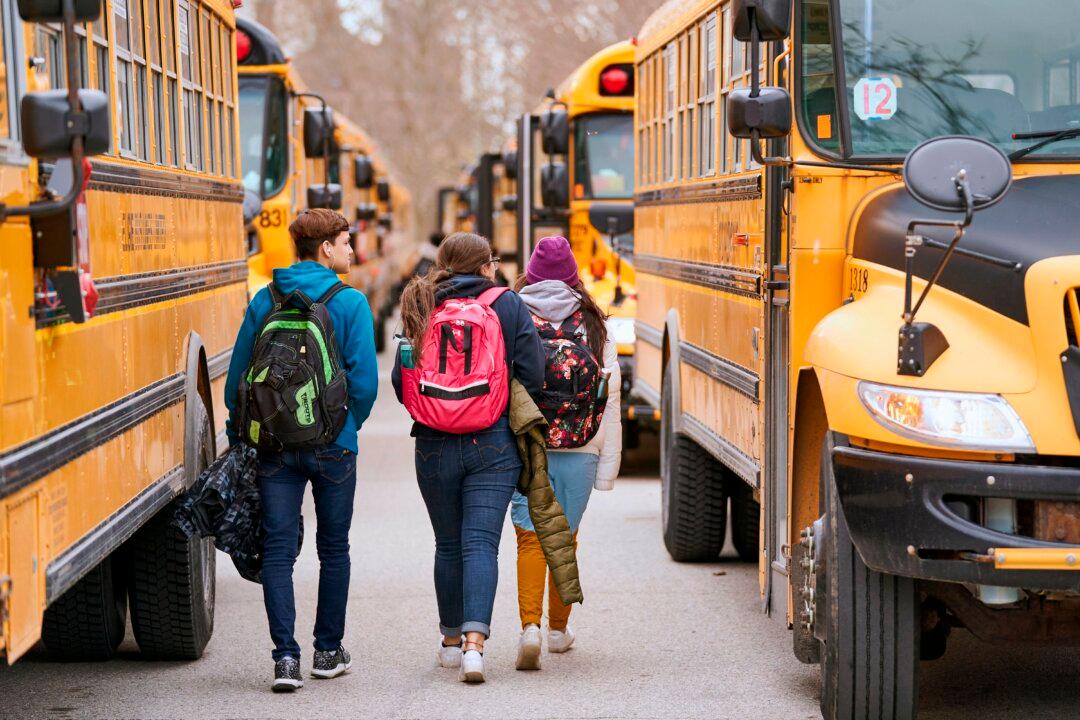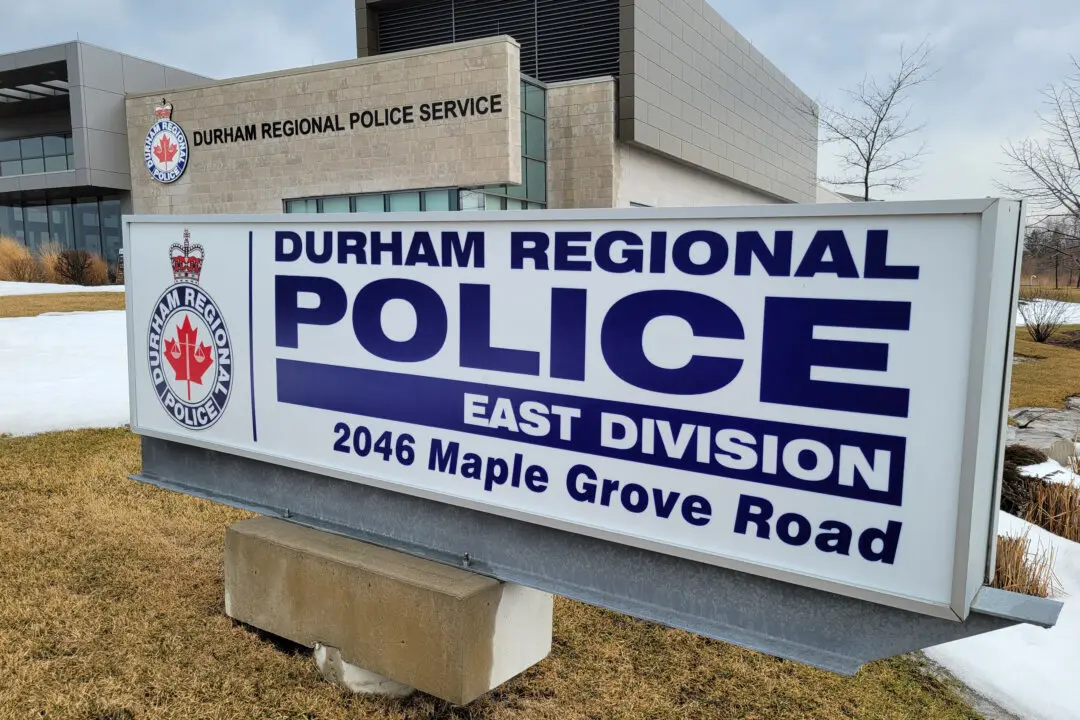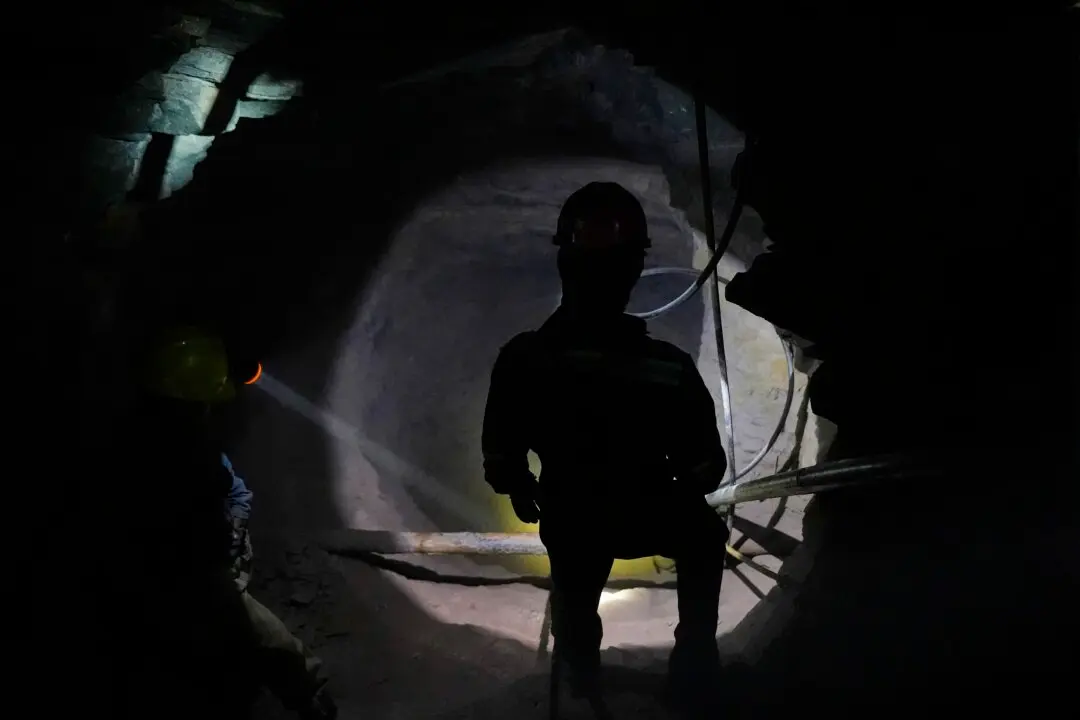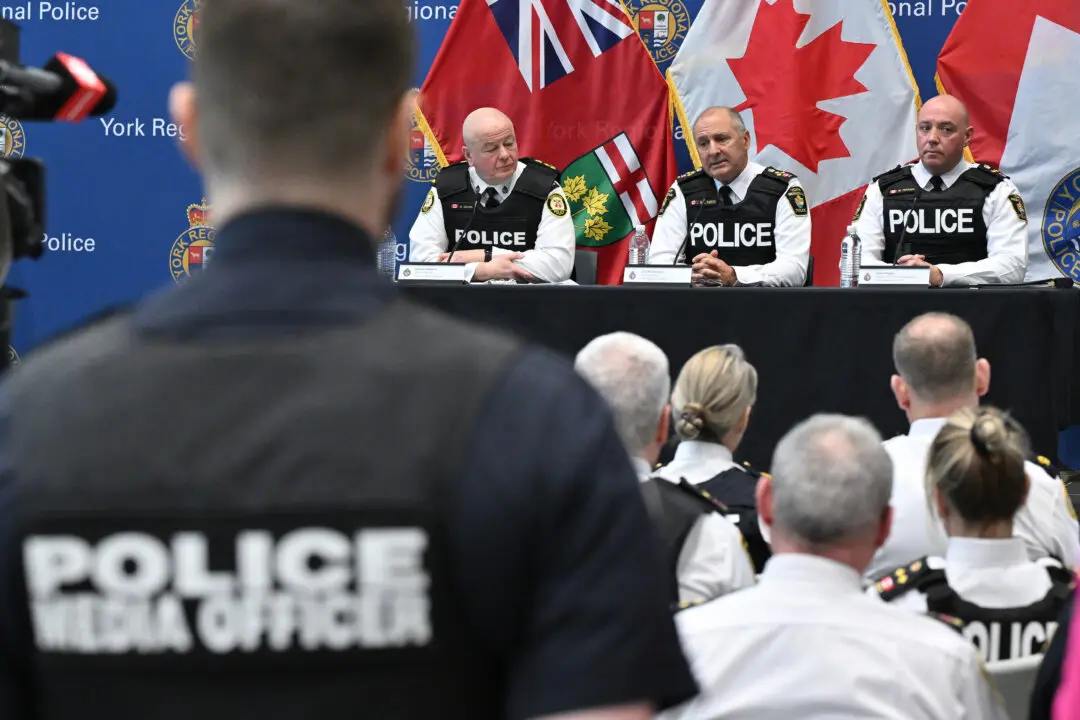More than half of Canadians say the public education system is heading in the “wrong direction” in its discipline practices, curriculum, and teaching methods, according to a newly released report.
Fifty-five percent of people polled in SecondStreet.org’s latest school system survey said Kindergarten to Grade 12 education has been headed in the “wrong direction” in the past two decades. That’s a 72 percent increase in the number of people who disapprove of what is happening in the classroom since 2020, when only 32 percent were critical of the system.





